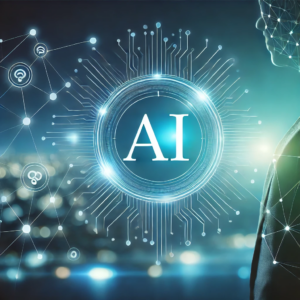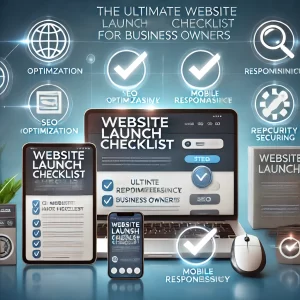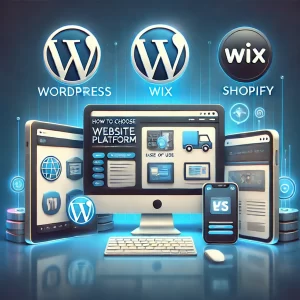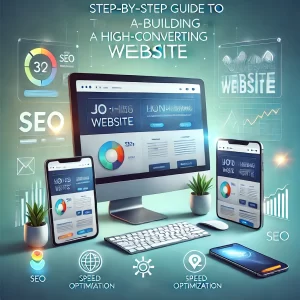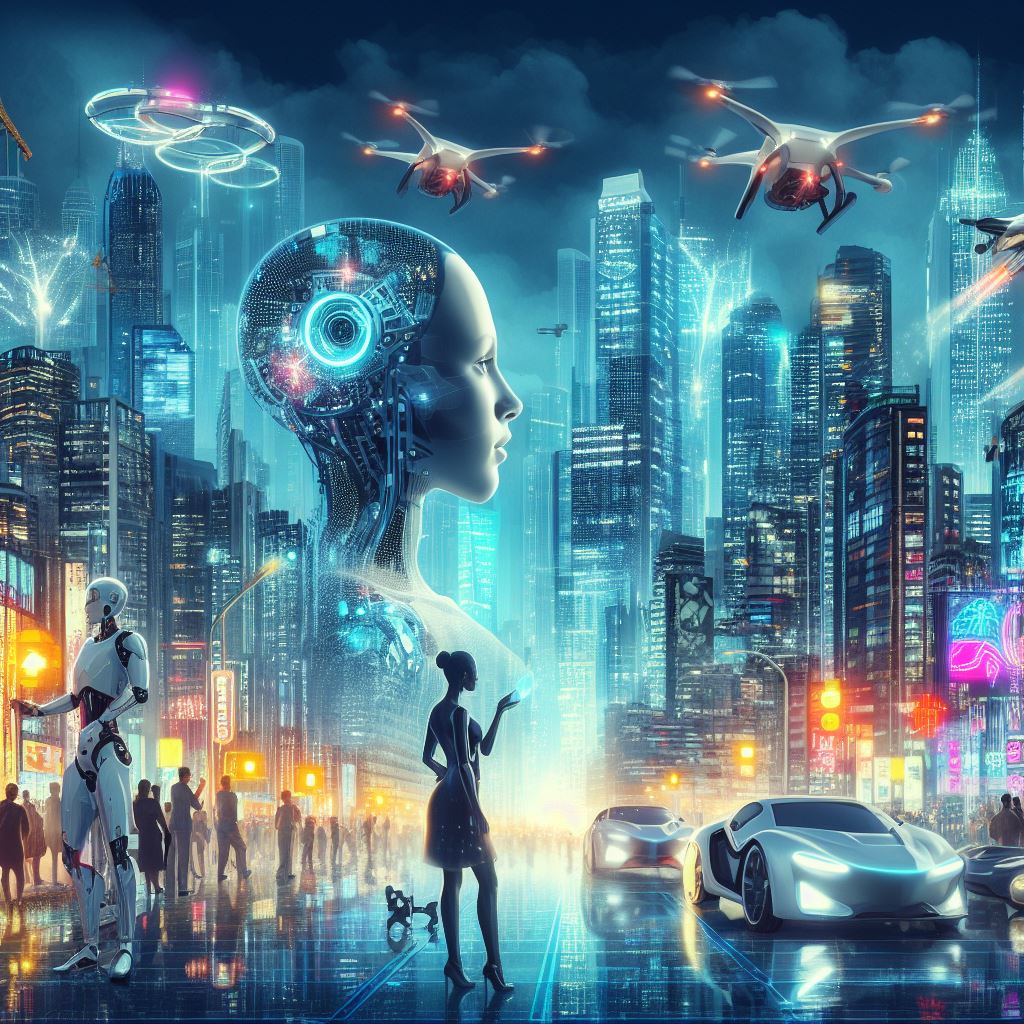
Artificial intelligence (AI) is one of the most transformative technologies of our time. It is already having a major impact on our lives, and its importance is only going to grow in the years to come.
AI is a broad term that refers to any system that can perform tasks that normally require human intelligence, such as learning, reasoning, and problem-solving. AI systems can be trained on data to learn how to perform specific tasks, and they can then use that knowledge to make predictions or decisions.
There are many different types of AI systems, but some of the most common include:
- Machine learning: Machine learning systems are trained on data to learn how to perform tasks without being explicitly programmed.
- Deep learning: Deep learning is a type of machine learning that uses artificial neural networks to learn from data. Neural networks are inspired by the structure of the human brain, and they can be used to solve very complex problems.
- Natural language processing (NLP): NLP systems are able to understand and generate human language. NLP is used in a wide range of applications, such as machine translation, speech recognition, and chatbots.
AI is already being used in a wide range of industries, including:
- Healthcare: AI is being used to develop new drugs and treatments, diagnose diseases, and provide personalized care to patients. For example, AI is being used to develop new cancer treatments that are tailored to the individual patient’s tumor. AI is also being used to develop new diagnostic tools that can detect diseases earlier and more accurately.
- Finance: AI is being used to detect fraud, manage risk, and make investment decisions. For example, AI is being used to detect fraudulent credit card transactions and to identify investment opportunities.
- Transportation: AI is being used to develop self-driving cars and trucks, and to optimize traffic flow. For example, AI is being used to develop self-driving cars that can navigate safely through complex urban environments. AI is also being used to optimize traffic flow in cities, which can reduce congestion and pollution.
- Manufacturing: AI is being used to automate tasks, improve quality control, and predict demand. For example, AI is being used to automate tasks in assembly lines, which can improve productivity and reduce costs. AI is also being used to improve quality control by identifying defects in products before they are shipped to customers.
- Customer service: AI is being used to chatbots and other tools to provide customer support. For example, AI-powered chatbots can answer customer questions and resolve issues quickly and efficiently.
The rise of AI is creating new opportunities for businesses and individuals alike. AI can help businesses to improve their efficiency, productivity, and profitability. AI can also help individuals to automate tasks, learn new skills, and improve their quality of life.
However, the rise of AI also raises some challenges. For example, some people are concerned about the potential for AI to lead to job losses. Others are concerned about the potential for AI to be used for malicious purposes.
It is important to remember that AI is a tool, and like any tool, it can be used for good or for evil. It is up to us to ensure that AI is used responsibly and ethically.
Here are some steps that we can take to ensure that AI is used responsibly and ethically:
- Develop ethical guidelines for the development and use of AI. These guidelines should address issues such as bias, privacy, and safety.
- Invest in education and training so that people can learn about AI and its potential impacts. This will help people to make informed decisions about the use of AI and to hold AI developers and users accountable.
- Support research into the safe and beneficial use of AI. This research can help us to identify and mitigate the potential risks associated with AI.
By taking these steps, we can ensure that AI is used to create a better future for all.
In addition to the above, here are some specific examples of how AI is being used today to make a positive impact on the world:
- AI is being used to develop new drugs and treatments for diseases such as cancer and Alzheimer’s.
- AI is being used to develop new diagnostic tools that can detect diseases earlier and more accurately.
- AI is being used to develop new agricultural technologies that can help to feed a growing population.
- AI is being used to develop new educational technologies that can help students learn more effectively.
- AI is being used to develop new environmental technologies that can help us to combat climate change and other environmental problems.
These are just a few examples of the many ways in which AI is being used to make the world a better place. As AI continues to develop, we can expect to see even more innovative and impactful applications of this technology in the years to come.
